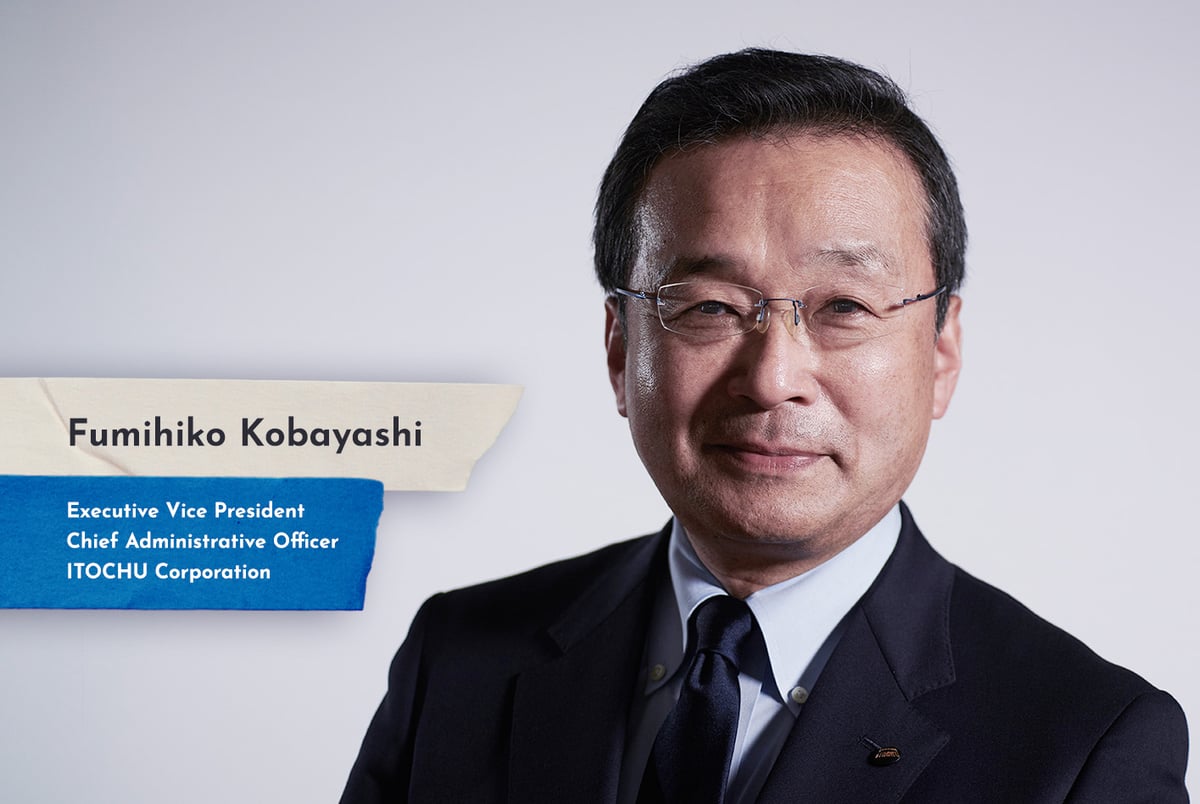The Japanese Secret to Business Longevity: Sampo-yoshi
How a centuries-old philosophy makes inclusive growth and business longevity possible.
In Japan, which is home to half of the world’s companies that are at least 100 years old, a simple but powerful philosophy has contributed to business longevity: Sampo-yoshi.
Sampo-yoshi means “good for the seller, good for the buyer, and good for society.” Its origins trace to traveling traders from the Ohmi region — now known as Shiga Prefecture — who were active for centuries. At the time, regulations limited freedom of movement. These merchants arrived in villages as complete strangers; establishing trust was thus their top priority.
The merchants carried samples of various goods. Villagers placed orders, and the merchants later arranged for the goods to be delivered and payment collected. The exchange required the seller to operate in good faith, which laid the foundations of trust between both parties.

“We can think of Sampo-yoshi as a theory for gaining trust from business partners and the surrounding society,” says Fumihiko Kobayashi, Executive Vice President, Chief Administrative Officer of ITOCHU — the Japanese trading house whose founder, Chubei Itoh, provided the philosophical basis for Sampo-yoshi.
To further establish trust, Ohmi merchants provided aid following natural disasters and created economic opportunities wherever they worked. Regardless of what form they took, the merchants’ good deeds had one thing in common: they had a positive impact on society.
“Based on the words of our founder, trade can be said to be a compassionate business. Trade serves a higher purpose, benefitting those who sell and those who buy, while also supplying the needs of society,” Kobayashi says. “The needs are not merely for goods but for social infrastructure and public welfare as well. Business must help fulfill these needs.”
Meeting Today’s Needs With a Time-Tested Philosophy
The world needs Sampo-yoshi more than ever. Among various issues, climate change threatens our way of living, infrastructure gaps perpetuate long-standing social problems, and inadequate economic development leaves millions of people around the world in want of life’s basic necessities.
The drive to achieve the UN Sustainable Development Goals (SDGs) underscores today’s needs. Likewise with the corporate push to embrace Environmental, Social and Governance (ESG) considerations.
Yet, the quantitative nature of these initiatives sometimes falls short. What’s measured gets managed, but what matters most often lies beyond measure.
“In order for businesses or societies to achieve sustainability, I believe there is a need for a deeper, more profound concept, a deeper and more profound value, beyond just ESG and the SDGs,” Kobayashi says.
“Sampo-yoshi appeals to the heart and mind. We need a spirit that can move people. With the SDGs, if the logic ever breaks down, the planning collapses, too; but a concept that really resonates with people will never collapse.”
For this reason, ITOCHU hopes to share Sampo-yoshi around the world. The philosophy provides a strong, resilient base for society. Rather than simply a growth or competitive strategy, Sampo-yoshi is a sustainability strategy that makes inclusive growth possible.
In Japan, both the strength of society and longevity of Japanese companies serve as a testament to the power of Sampo-yoshi.
“Over the past century, Japan saw the miracle of postwar revival in a very short timespan,” Kobayashi says. “Even after the massive March 2011 earthquake and tsunami, social order persisted and recovery has progressed. It’s a very resilient society.
“However big the societal changes, whatever unexpected developments occur, the spirit of Sampo-yoshi persists, undamaged. For ITOCHU, we have preserved this spirit for more than 165 years.”
Sampo-yoshi at ITOCHU and Beyond
For ITOCHU, the practice of Sampo-yoshi can mean creating shared value through global business that is profitable while also supporting socio-economic growth through areas including local employment, educational and medical infrastructure, and environmental preservation.
ITOCHU’s Dole Philippines pineapple operations, for example, create a sustainable business environment that extends beyond production and employment. It offers loans and technical support for new participating farms, cooperates with the local government and NGOs to develop schools and hospitals, and orders saplings for reforestation projects from local vendors.

ITOCHU’s contributions to society during the height of Covid-19 provide another example of Sampo-yoshi on the ground. The Japanese government could not handle all vaccination efforts initially. To help, ITOCHU coordinated on-site vaccinations for its employees. Yet, the company wanted to do more.
“With Sampo-yoshi in mind, we questioned whether it was okay to focus just on our own employees, despite the government’s saying this was enough,” recalls Kobayashi.
ITOCHU ultimately extended vaccinations to 1,500 childcare professionals at Poppins, the nursery school services company it works with in Tokyo and Osaka.
“I don’t think this type of approach would be possible without the concept of Sampo-yoshi,” Kobayashi adds.
Beyond stakeholder capitalism, a broader Sampo-yoshi capitalism may well be the balm that the world needs today and for a long time to come.
“We’d like to see Sampo-yoshi better known abroad as a successful approach.” Kobayashi says. “We are proud of our role as the initiator, and we think that it is just what the world is looking for today.
